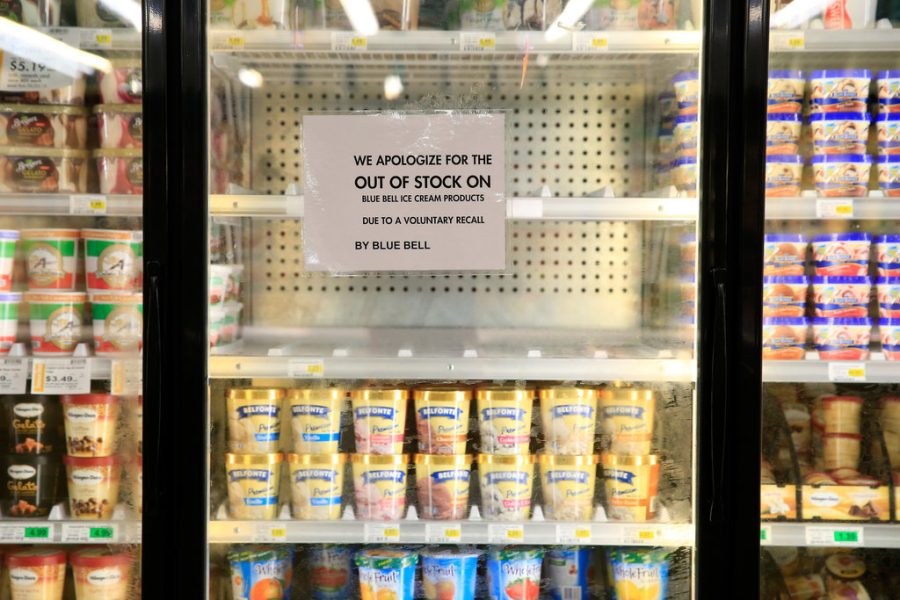A Short History of Food Recalls
September 27, 2022
Food recalls are common when it comes to keeping products safe for consumers. A food recall will occur when manufacturers receive a complaint from consumers or find a problem. Two of the most memorable recalls in recent years resulted from Chipotle salmonella outbreaks in the late 2010s and the discovery of Listeria in Blue Bell Ice Cream in 2015.
How and Why is Food Recalled?
Recalls are typically ordered due to the production of undisclosed allergens in the product, contamination of a pathogen, or a physical foreign matter in the food. When there is a suspicion a product could put consumers at risk, it is pulled off the shelves and investigated. When the food manufacturer is aware of the problem, they report it to their consumers. Food recalls are voluntary. When these problems are investigated, most can be traced back to the factory farming of animals. These can include animal-based products or even produce/dairy contaminated with pathogens such as Salmonella and Listeria. Even vegetables can become contaminated. These pathogens are often formed in animals’ intestines or feces.
Chipotle
In November 2015, Chipotle closed 43 restaurants in Washington and Oregon alone in response to the initial outbreak of E. coli strain 026. In collaboration with health officials, officials determined whether it was appropriate or not to reopen these stores, which they soon did in November of 2015. As part of the process, they expanded testing on fresh produce, deep cleaned the restaurants, and implemented additional safety procedures. Most importantly, they ensured their employees were not affected by this incident. Since then, Chipotle has had a history of food poisoning outbreaks. A recent outbreak was reported at an Ohio location where 650 people fell ill with Clostridium. Some other prior outbreaks include 55 sick in Washington with E. coli and 250 with Norovirus. Common symptoms that come with Chipotle food poisoning include nausea, vomiting, and diarrhea.
Blue Bell Ice Cream
On April 20, 2015, Blue Bell creameries voluntarily recalled all products, including ice cream, frozen yogurt/snacks, and sherbets. This was due to the potential for Listeria contamination. Blue Bell announced this recall after sampling by the company revealed that the bacterium contaminated their Chocolate Chip Cookie Dough Ice Cream produced in March. Listeriosis is a life-threatening infection caused by eating food with the bacterium. All people who reported eating these products were hospitalized, and 3 in Kansas were declared dead. Blue Bell told consumers not to eat any of their products during this time, and they told retailers not to serve or sell their products.
How to Respond to a Food Recall
Reading the recall notice and following the product-specific instructions is suggested when responding to food recalls. Stores vary, but often the items can be returned from the purchasing location. When disposing of the product, consumers are told to wrap it up beforehand and not give it to others, including animals. If the contaminated item has touched surfaces, there is a risk of other things in your household becoming contaminated as well. To avoid this, wash and sanitize surfaces, including kitchen appliances, fridge walls, countertops and utensils that have dealt with the contaminated food. After this cleaning process, ensure you wash your hands thoroughly with warm water. By following these steps, you stay one step ahead of contamination.



